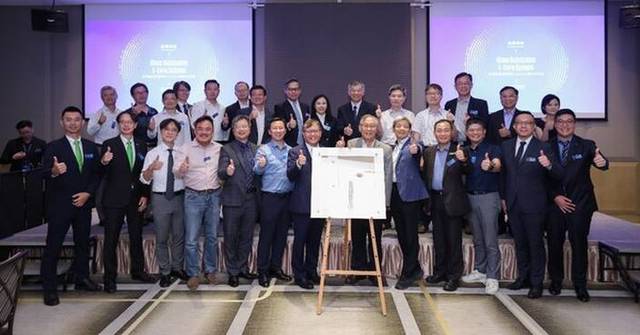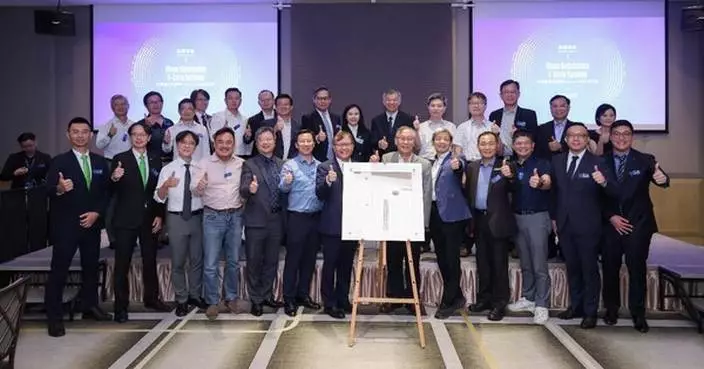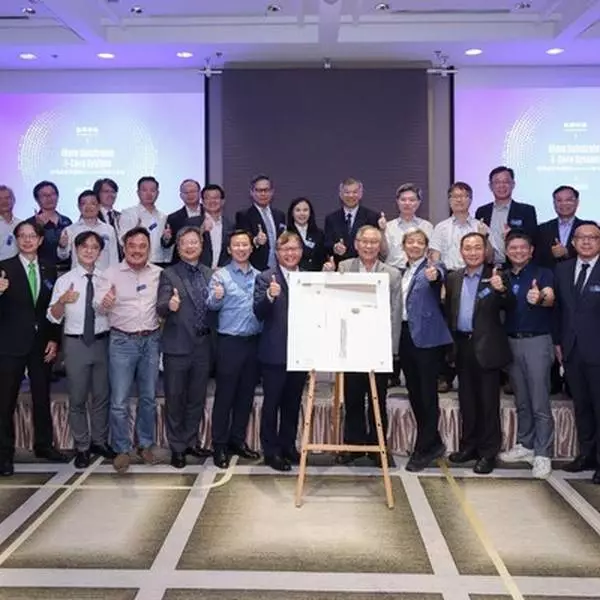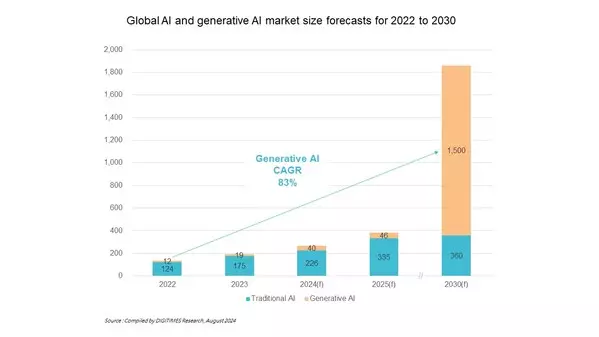SEOUL, South Korea, Sept. 3, 2024 /PRNewswire/ — Redbrick (CEO Yeongmo Yang), a gaming creation platform, announced that following a domestic patent registration last August, it has also secured a U.S. patent for its “Open Metaverse Creation System.” With this recent acquisition of a U.S. patent, Redbrick has reaffirmed its technological prowess in the global market and has further enhanced the connectivity and scalability among its platforms.
The “Open Metaverse Creation System” is a groundbreaking technology that enables creators to synchronize their game content across multiple platforms. This system allows creators’ content to move freely among various platform services, enabling consolidated revenue management within a single system. Previously, content distribution and revenue generation in metaverse and gaming platforms were confined to individual platforms. However, Redbrick’s technology now enables free movement of content and revenue management across multiple platforms.
With this patent, Redbrick is fostering an environment where creators can continuously generate revenue across diverse platforms. Beyond marketplaces, particularly in advertising and content usage fees, Redbrick has introduced a revenue-sharing model with partners to help creators secure more stable earnings.
CEO Yang stated, “In addition to enhancing our open metaverse technology, we are also developing AI features and capabilities that allow creators to collaborate within our studios. We plan to continue advancing our technology to enable creators to undertake innovative creative activities.”
Redbrick’s technological achievements are providing new opportunities for various companies interested in utilizing game and metaverse content. Companies such as Telegram, Fusionist, OKX, Berachain, Bitlayer, Mode, Klaytn, ZetaChain, and Kroma can now easily create content using the “Redbrick Engine,” leveraging open metaverse technology to upload game content to their own websites or apps. This is expected to significantly enhance collaboration with various enterprises.
*References
Redbrick is a tech start-up founded in 2018, aiming to popularize game and metaverse creation. It provides a cloud-based 3D creation engine, which has lowered entry barriers to traditionally complex and difficult game creation. Redbrick’s 3D creation engine utilizes artificial intelligence-generated content (AIGC), educational technology (EdTech), and blockchain technology, making it easy and fast for anyone to create games, metaverse, VR content.
** The press release content is from PR Newswire. Bastille Post is not involved in its creation. **
Redbrick Secures U.S. Patent for “Open Metaverse Creation System”
Redbrick Secures U.S. Patent for “Open Metaverse Creation System”
Redbrick Secures U.S. Patent for “Open Metaverse Creation System”
Redbrick Secures U.S. Patent for “Open Metaverse Creation System”
TAIPEI, Sept. 3, 2024 /PRNewswire/ — The global generative AI market is experiencing rapid growth. According to the latest “Generative AI Special Report” from DIGITIMES, the market size is expected to expand quickly, reaching USD 40 billion by 2024 and growing to USD 1.5 trillion by 2030, with a compound annual growth rate (CAGR) of 83% from 2022 to 2030.
Generative AI is being applied across an increasingly broad range of areas, from text and images to music and more. Analyst Zouhao Shen notes that as AI transitions from the cloud to the edge, hardware limitations and model development become major challenges. It is anticipated that the development of edge AI chips will increasingly focus on enhancing domain specificity and strengthening software-hardware integration to meet the low-power, high-efficiency demands of various edge applications. Analyst Evan Chen further explains that as edge AI moves towards real-world applications, it will face four key challenges: miniaturization, adaptation, scalability, and cost-effectiveness. Beyond developing diverse hardware, integrating development platforms and deepening vertical applications will also be critical for establishing a foothold in the edge AI landscape.
In terms of industrial development the rapid rise of generative AI is set to drive Taiwan’s ICT industry chain’s export value, including upstream sectors such as chip design, chip/memory manufacturing, and packaging; midstream sectors like PCBs, passive components, and power components; and downstream sectors such as server manufacturing. Generative AI is expected to generate substantial orders for Taiwan’s ICT industry.
Analyst Wing Hwang believes that the generative AI market is currently in its early stages, with the global market size primarily driven by AI computing hardware. However, over the next five years, the share of AI-related software and services is expected to increase significantly, with projections indicating that by 2030, software and services will account for 32% and 55% of the overall generative AI market, respectively. The growth of generative AI software and services will be a crucial factor in driving the market’s expansion. Taiwan, leveraging its ICT industry chain advantage, is poised to seize early opportunities in the generative AI hardware market. Looking ahead, software and services will be the key areas for future growth, and early investment in these sectors could enable Taiwanese companies to gain a competitive edge.
To gain a comprehensive understanding and stay at the forefront of the generative AI revolution, acquire the latest generative AI research report from DIGITIMES Research. This report offers in-depth analysis and valuable insights essential for navigating the future of this transformative market.
** The press release content is from PR Newswire. Bastille Post is not involved in its creation. **
Generative AI market to reach US$1.5 trillion by 2030 with Taiwan holds hardware advantage; software and services to see promising future, says DIGITIMES Research
This news is republished from another source. You can check the original article here










